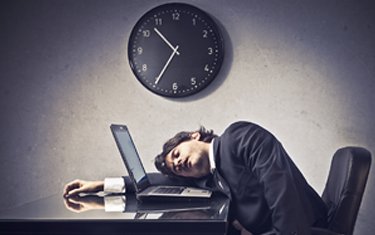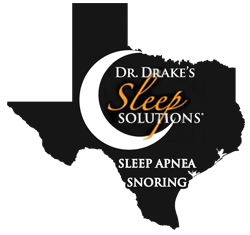28 Mar Lack of Sleep and Job Performance
Lack of sleep could mean losing your job.
Not getting enough slee p can result in a laundry list of negative consequences, including inattention, confusion, memory lapses, depression, headaches, irritability and increases in blood pressure and stress. It can also impair cognitive function, slow response time and decision making, and has been associated with a wide range of illness and disease. What do you think? Any of the above symptoms would impact your job negatively?
p can result in a laundry list of negative consequences, including inattention, confusion, memory lapses, depression, headaches, irritability and increases in blood pressure and stress. It can also impair cognitive function, slow response time and decision making, and has been associated with a wide range of illness and disease. What do you think? Any of the above symptoms would impact your job negatively?
You know that horrible feeling. A meeting was called for mid-afternoon and it’s only 10:00 now. All you can think about is napping. How are you ever going to get through the day, never mind the 3:00 meeting in the stuffy boardroom with managers who drone on and on and on? You’ll have to plan for a coffee run and maybe grab some fresh air just before the meeting. OR, maybe you will curl up under your desk and hope that no one notices you are absent…
Tired and fatigued employees are a liability to their companies. Each year they cost organizations billions of dollars in lost productivity. If you own your company – think about those consequences. If you are one of those sleepy employees, what does that mean for you? It very well could equal the loss of your job!
Sleep deprived and caffeine-stimulated employees have a lower rate of job satisfaction. When polled, sleep deprived employees couldn’t list any major grievance with their company; lack of sleep alone can lead to their job frustration. Given the overall workforce is getting less sleep these days, those statistics aren’t too promising for employers.
If you are happy and committed to your job position, you are less likely to leave the company you are with. Research indicates people unsatisfied with their jobs leave their company at an alarming rate. When employees lack sleep they have a higher absenteeism rate and are more likely to miss work. They miss work as a coping mechanism and because of health-related problems – both due to sleep deficiencies.
In positions when employees are responsible for dealing directly with customers and clients, the company’s bottom line can be negatively impacted. Sleep deprived workers are virtually alienating customers; obviously the happier the employee the more satisfied the customer.
It’s difficult to make it through your work day when you are tired. You consistently make mistakes, you lack patience with your co-workers and colleagues, you lack concentration in the details and you lack overall desire to be there.
Fatigue, coupled with lack of attention, can lead to errors in judgment and more on-the-job accidents. This can lead to difficult consequences for you and your company. You or a co-worker may be in a position that requires the operation of machinery, tools or electric gear. Even a minor impairment in your judgment – a miscalculation, a sluggish reaction time – can lead to severe harm and even death.
Clearly, sleep deprivation causes serious problems in both personal life and the workplace. It often is cited as a primary or secondary cause of industrial and motor vehicle accidents. It also has been cited as a reason for unscheduled absenteeism, which is at a five-year high.
Sleep deprivation negatively affects work performance—productivity and quality—and working relationships. Without adequate sleep, employees have more difficulty concentrating, learning, and communicating. Memory lapses increase. Problem-solving abilities decline. Sleep-deprived employees can be moody and less tolerant of co-workers’ differing opinions, making them more prone to reactionary outbursts and other relationship-destroying behaviors.
Work relationship problems impact the entire organization. They contribute to inefficiency and job dissatisfaction. Work and relationship problems increase stress levels, which in turn exacerbate sleep problems. Combine sleep problems, added stress, and the anxiety sleep deprivation sufferers feel as they approach bedtime—will I have trouble falling asleep; will I sleep through the night; will I get enough sleep—and the situation can appear hopeless. It’s not. Once diagnosed, most sleep disorders can be corrected.


